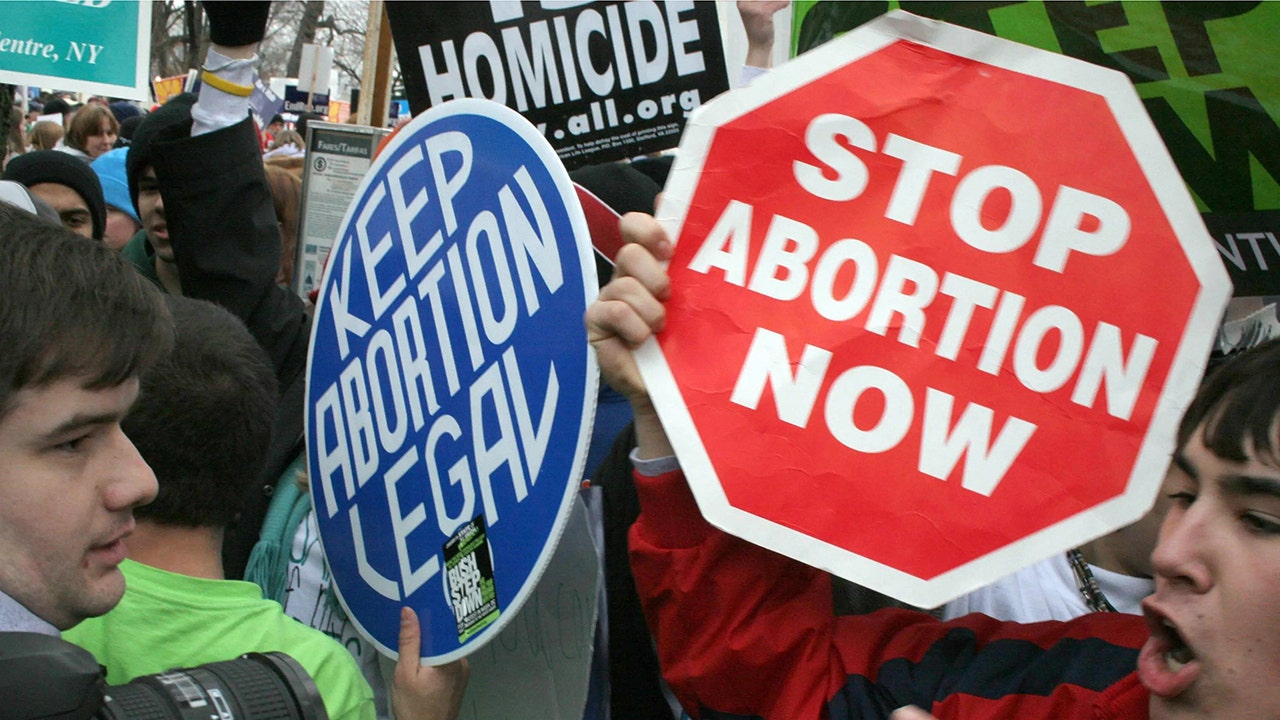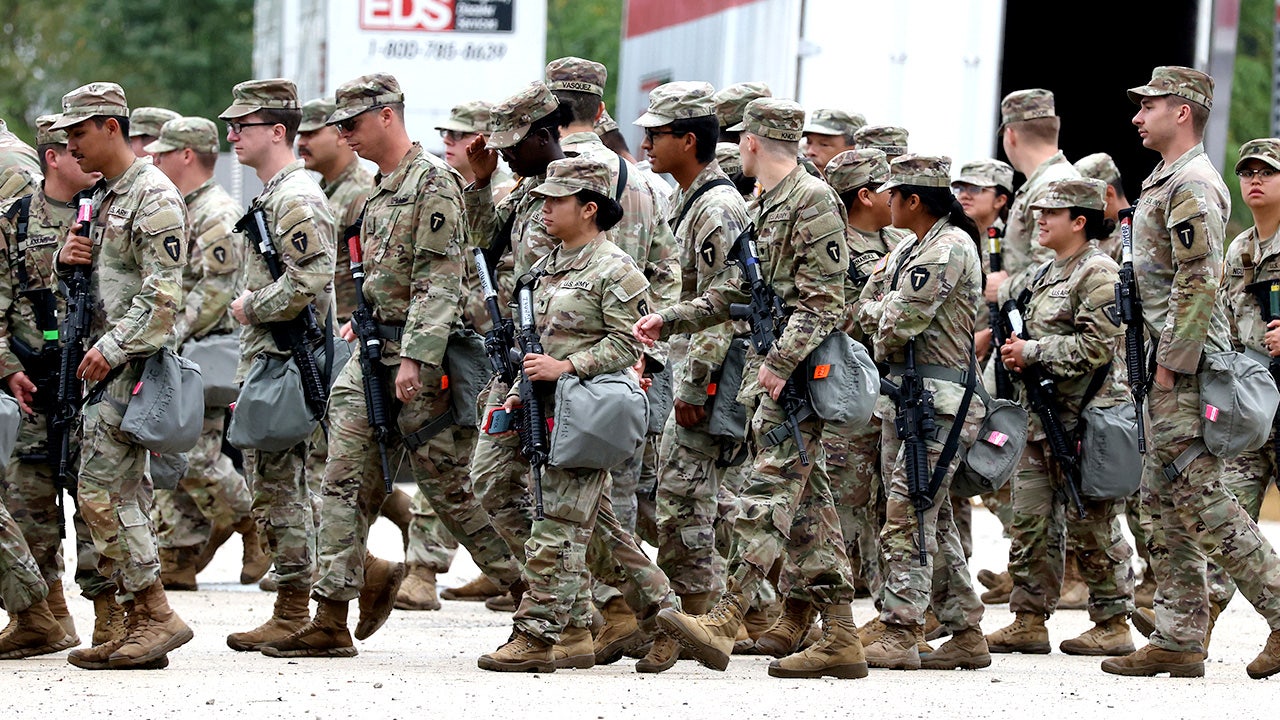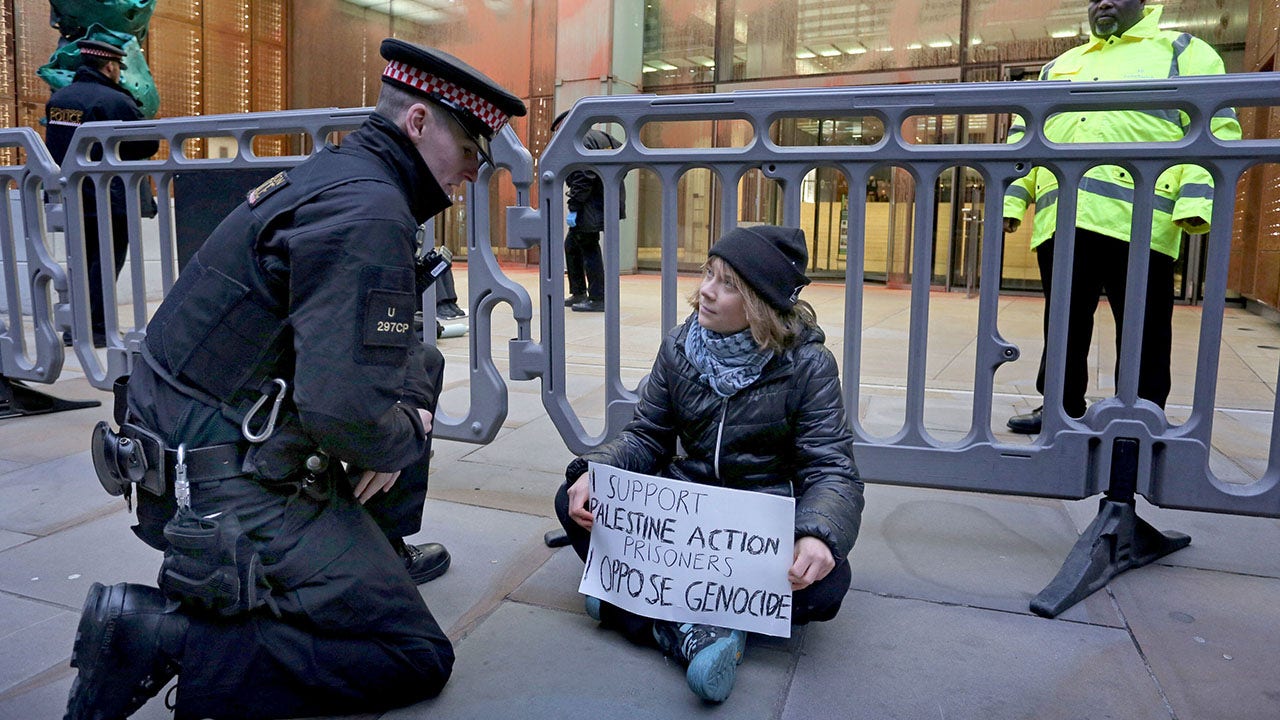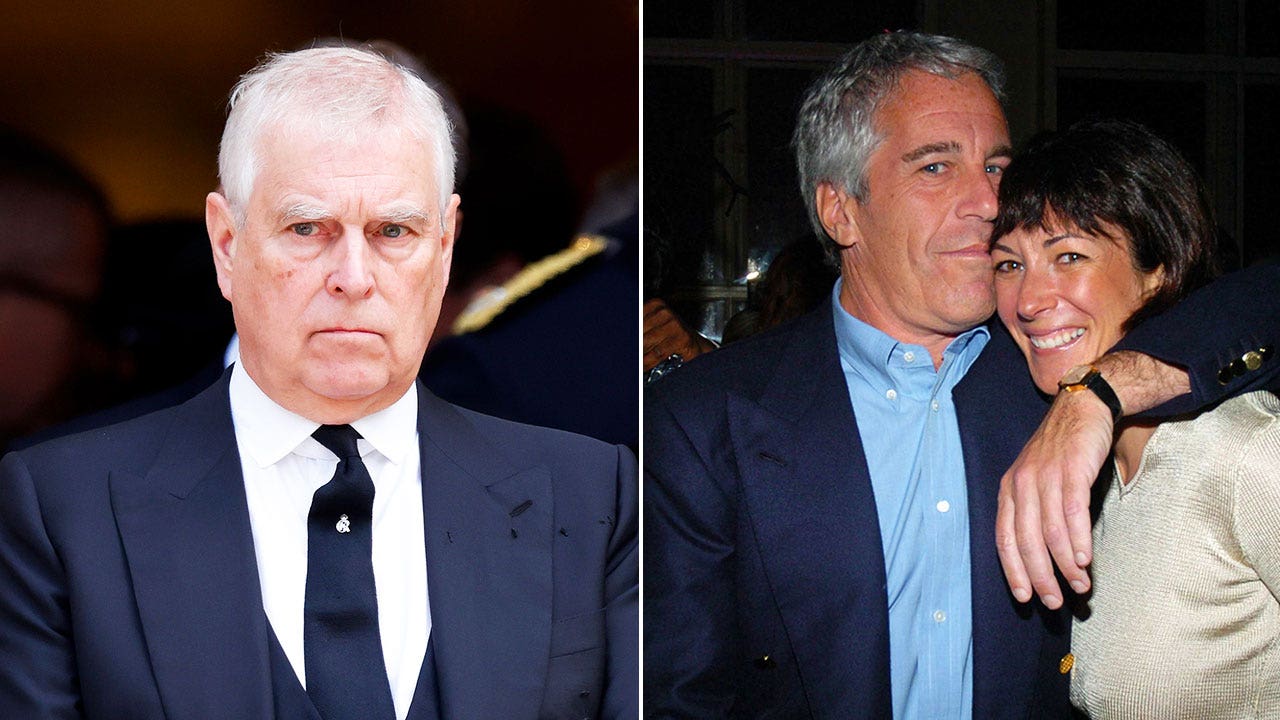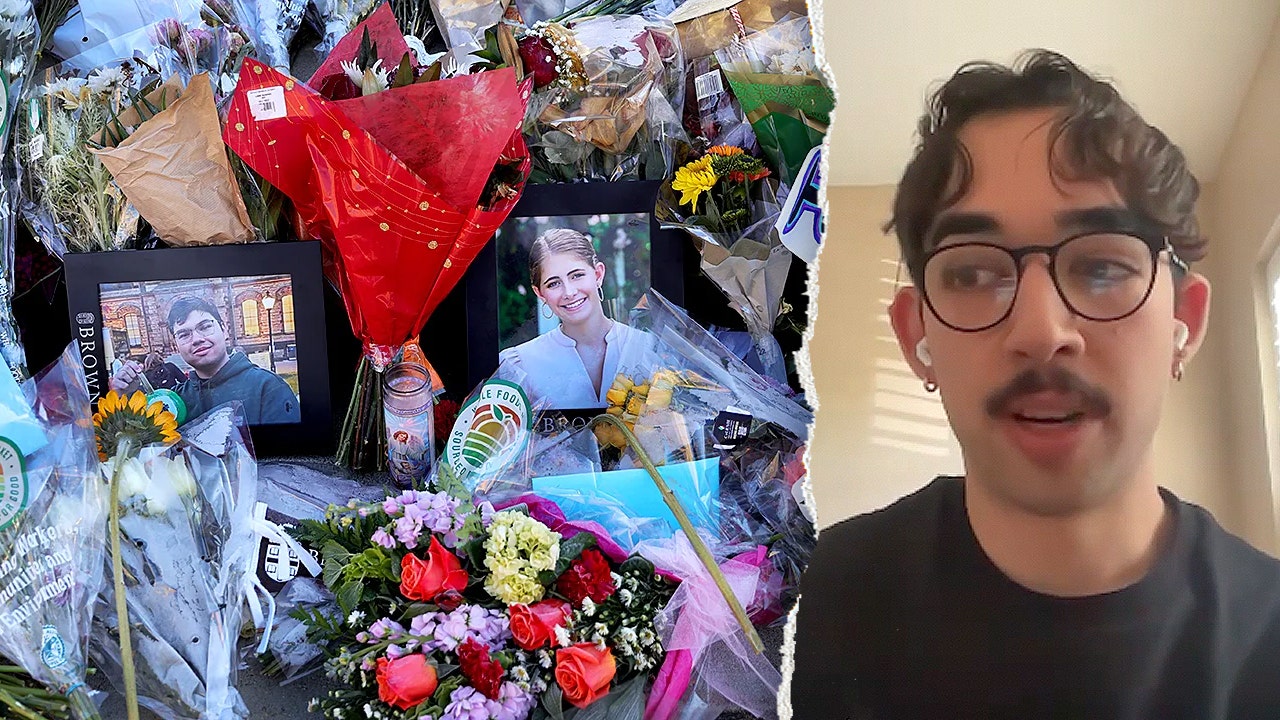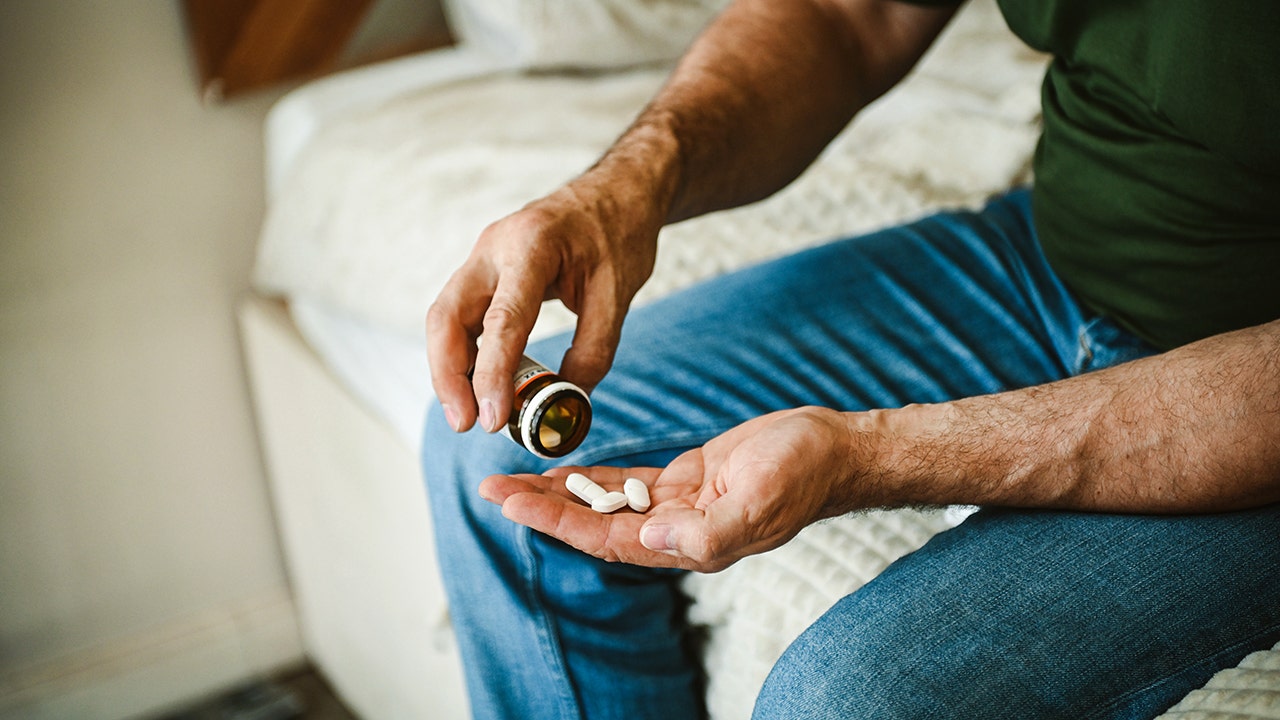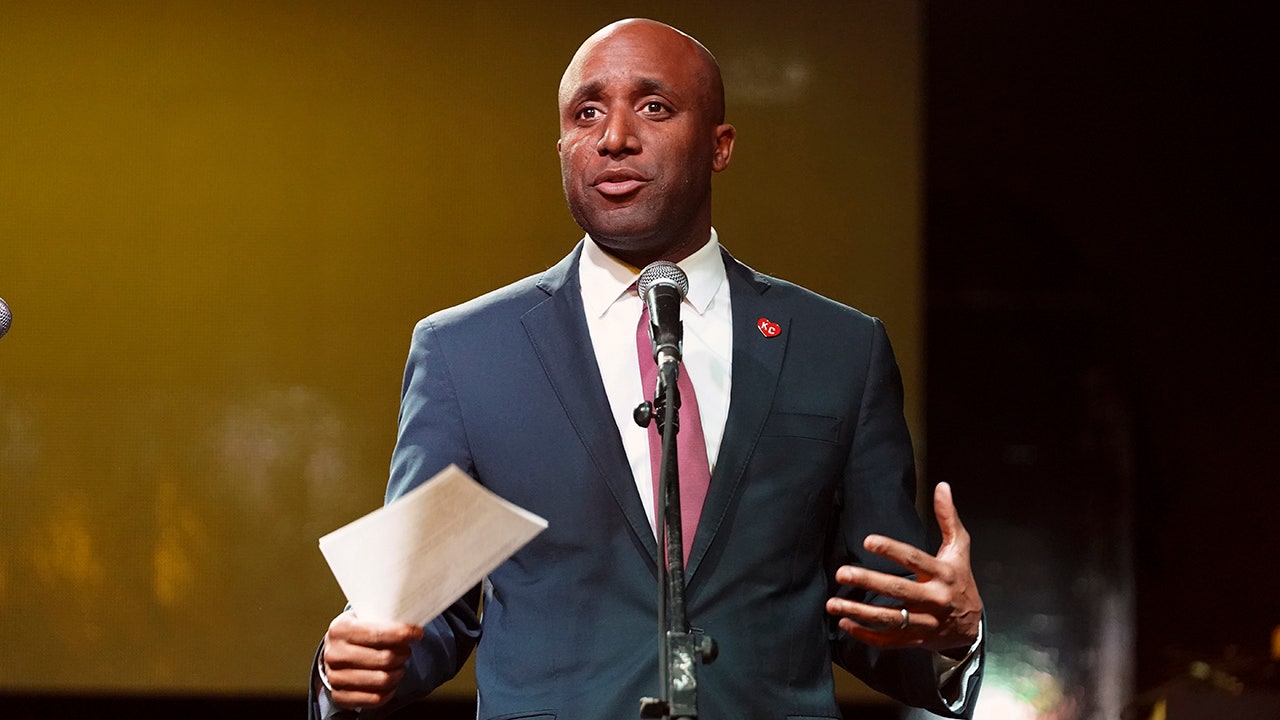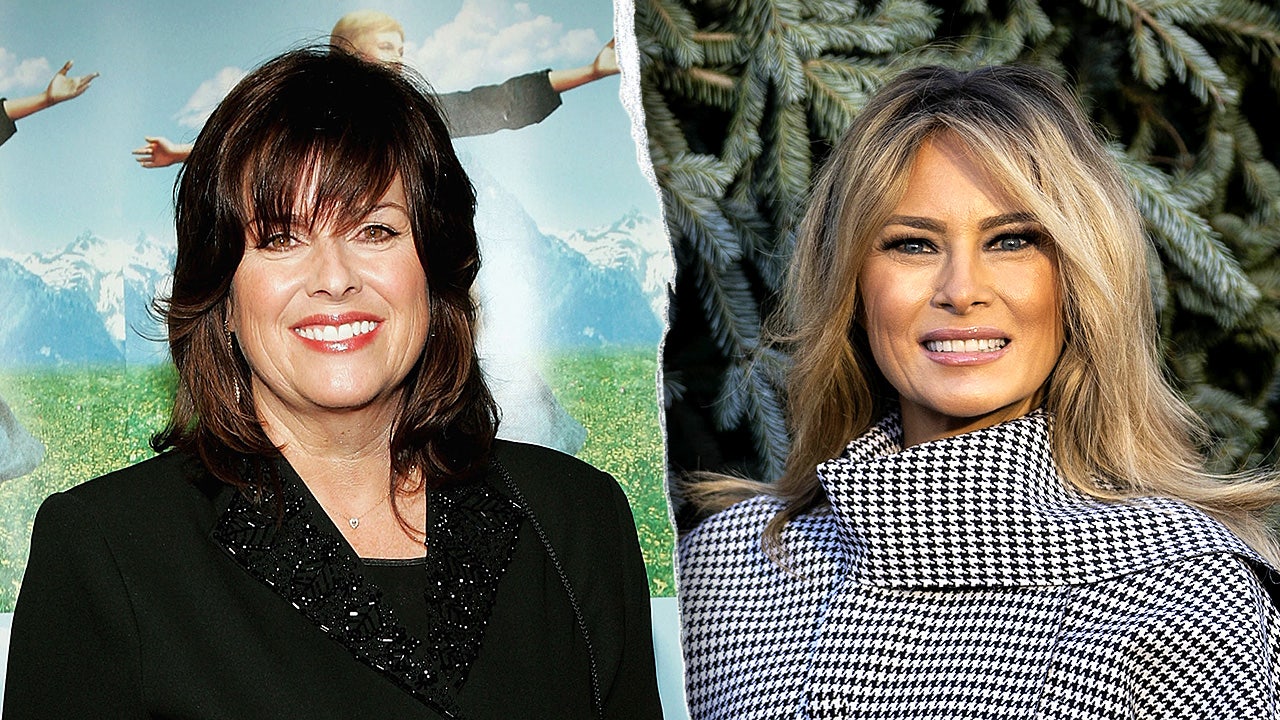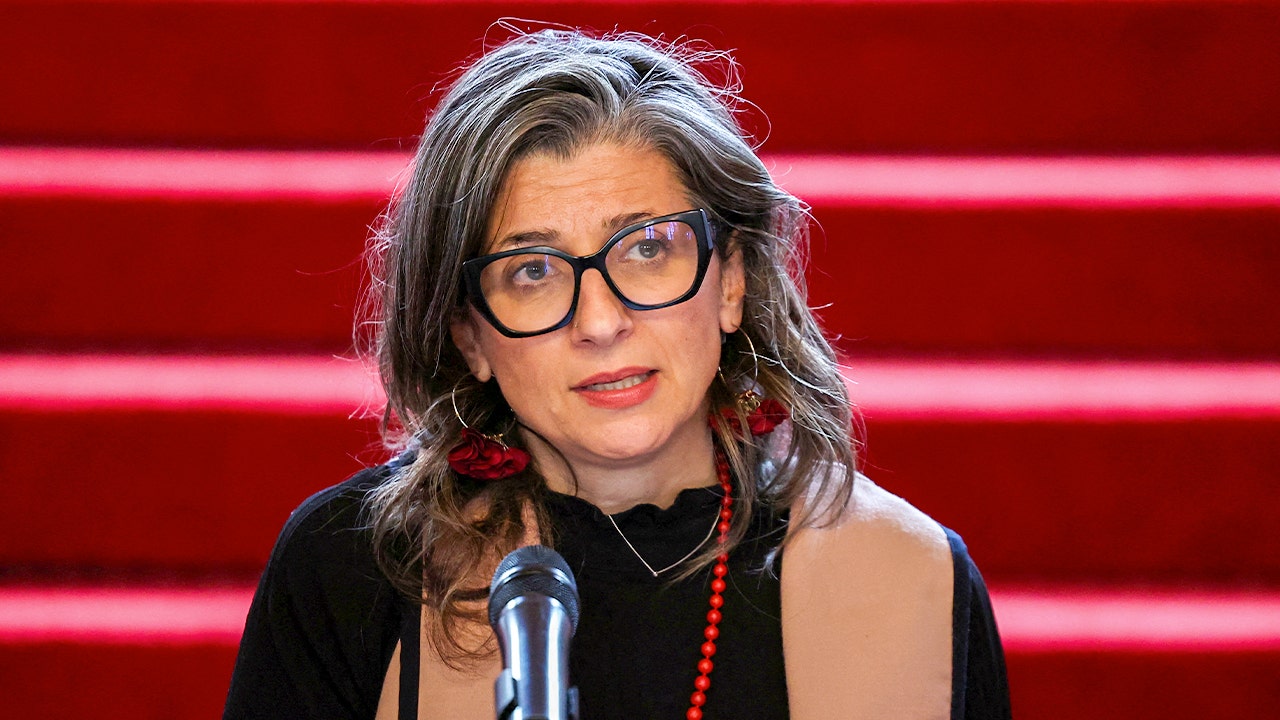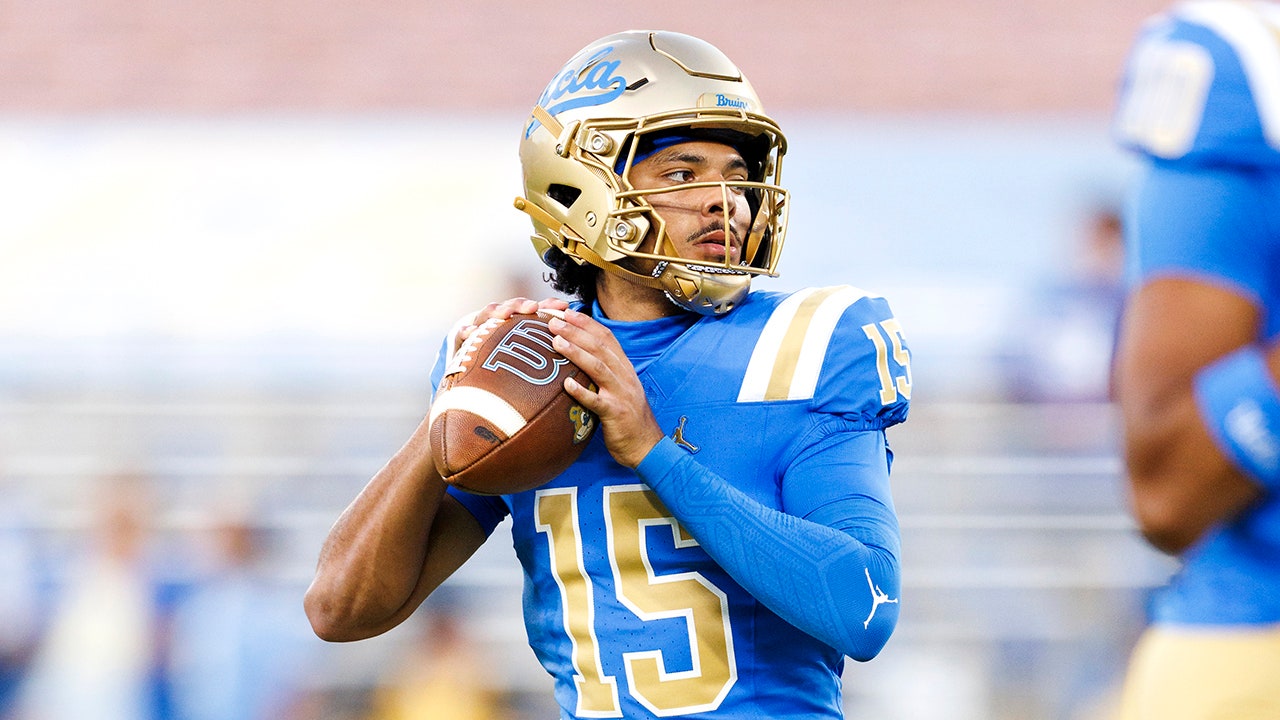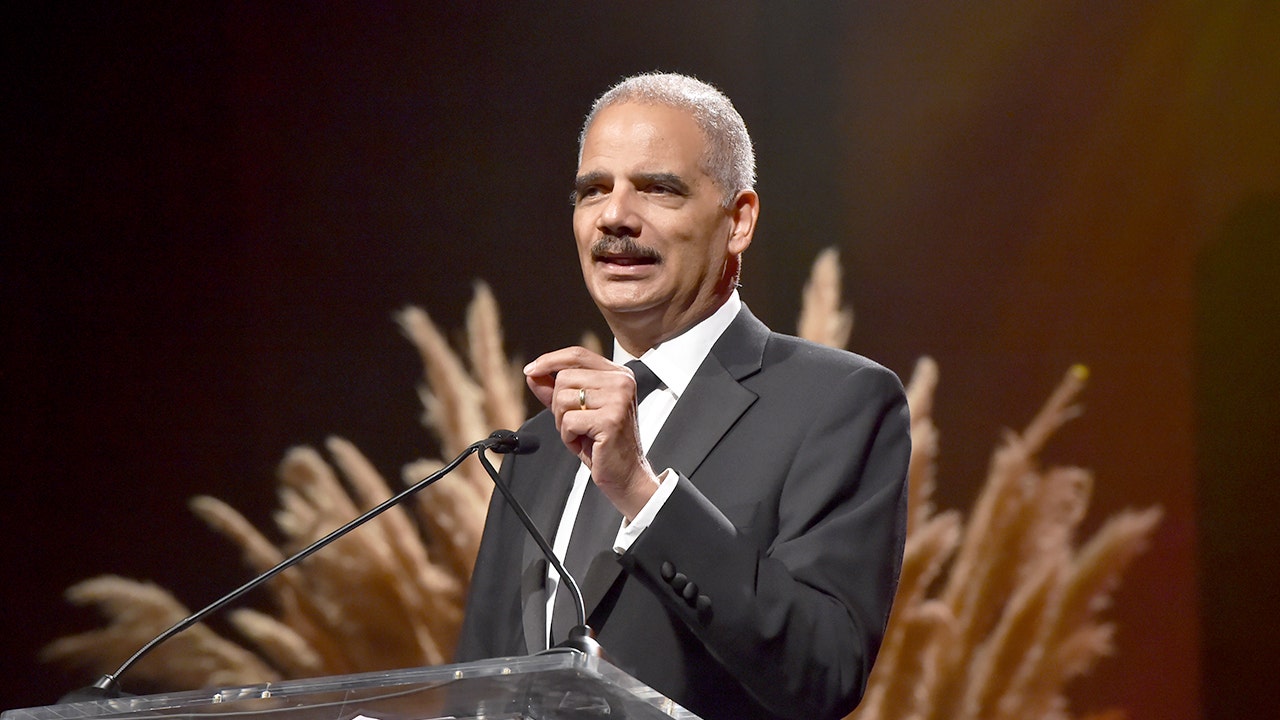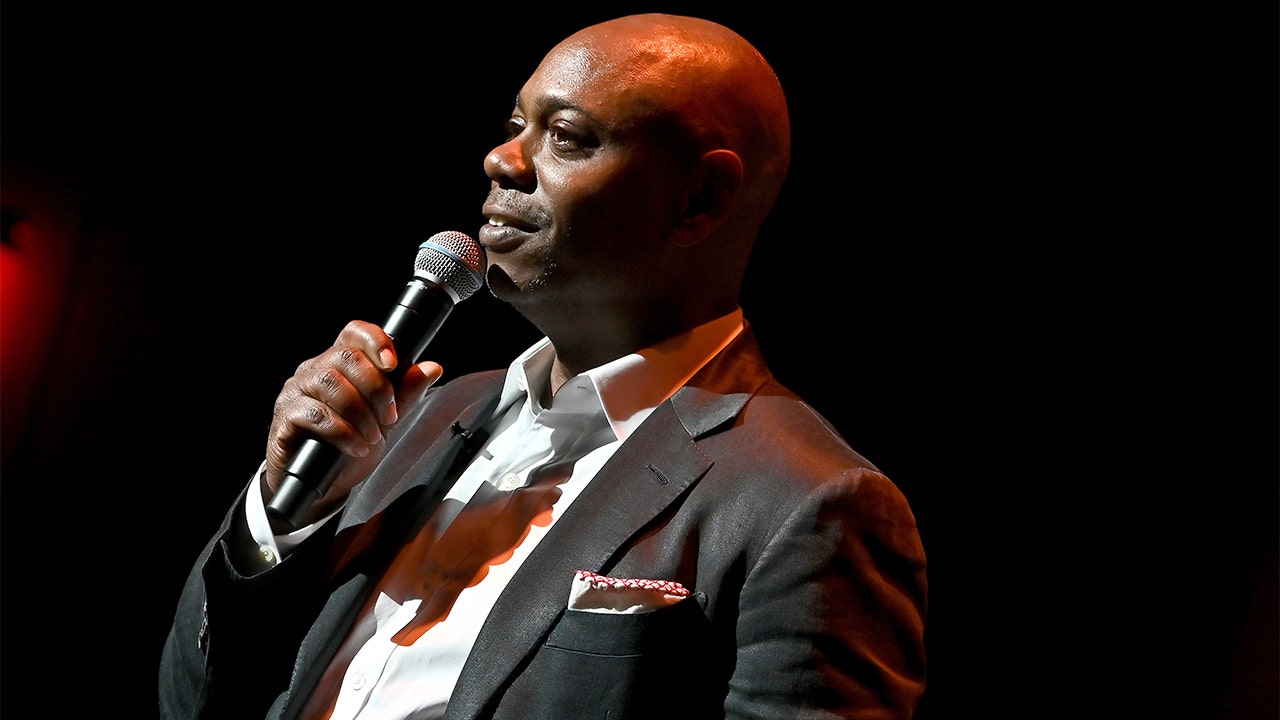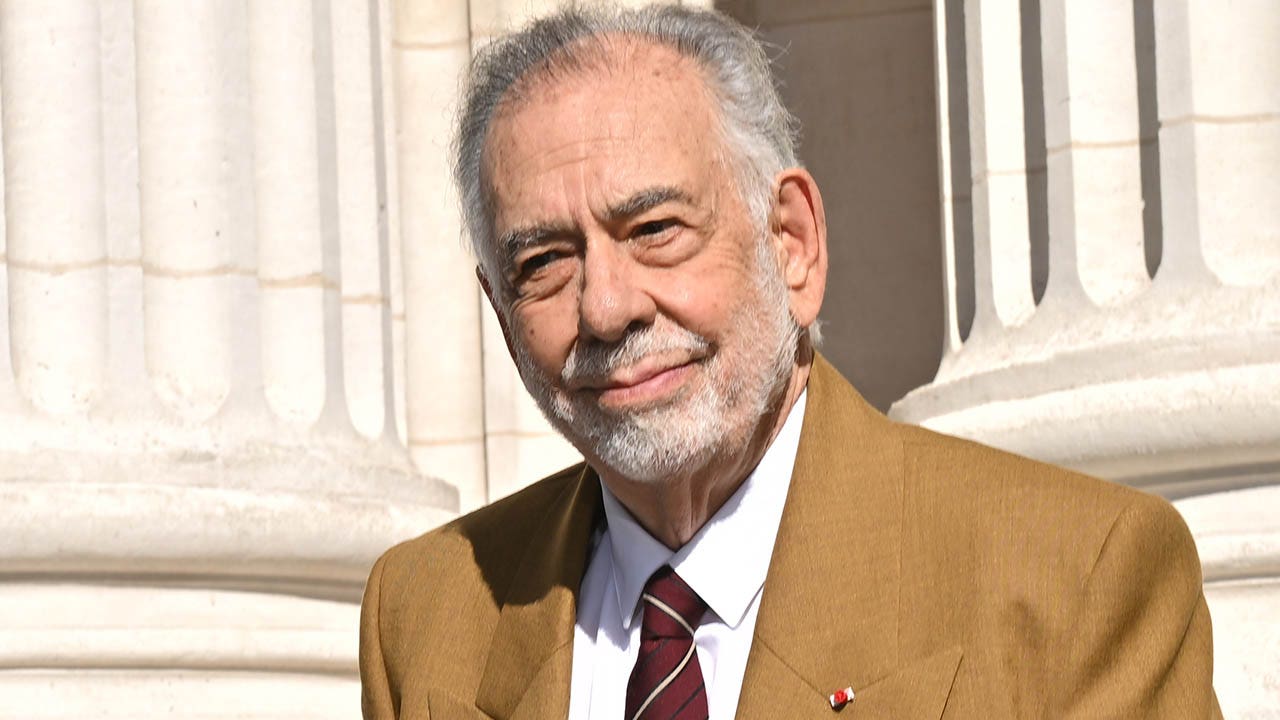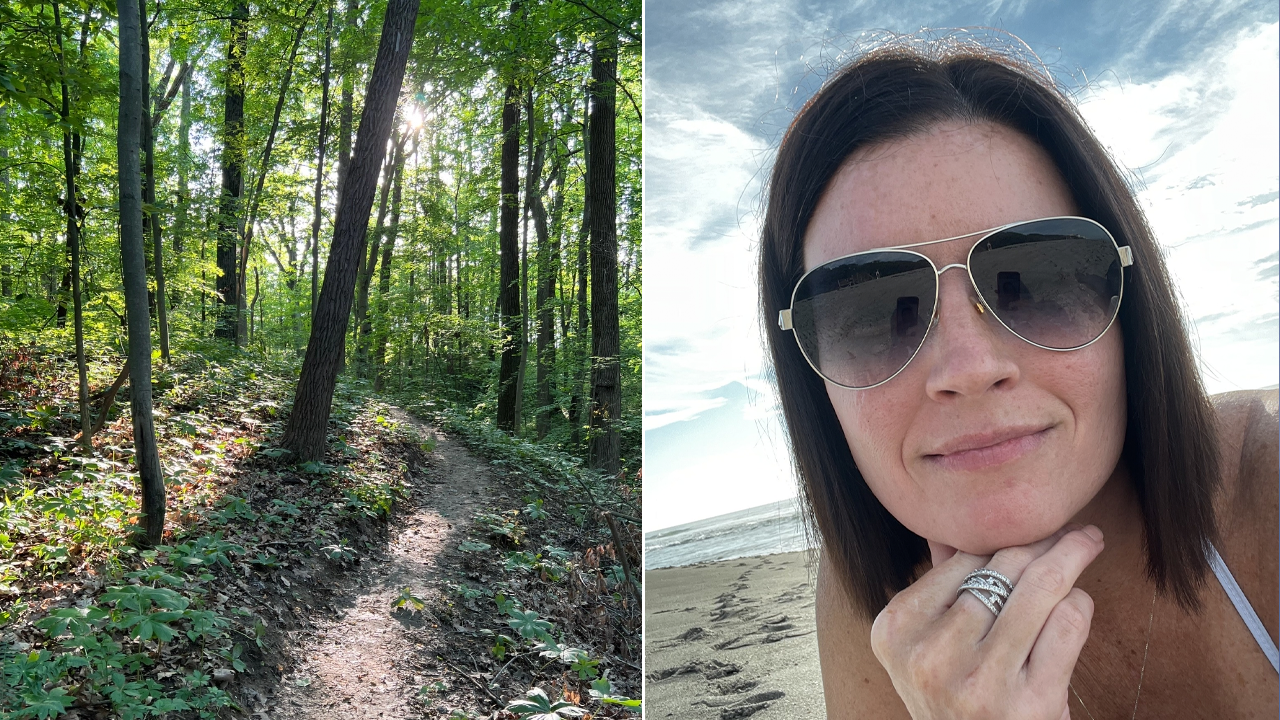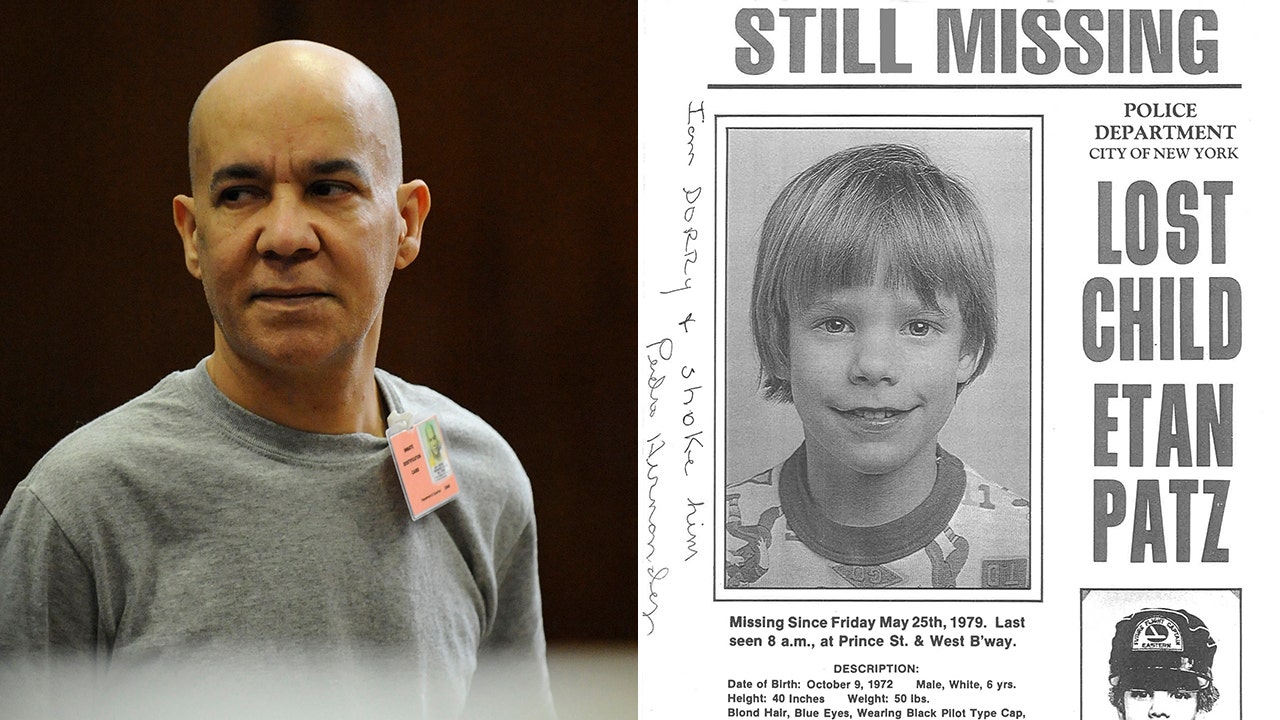NEWYou can now listen to Fox News articles!
Whether it's hot chocolate or iced coffee, the temperature of drinks — and when you drink them — may influence your mood, according to researchers.
A new study, published in the British Journal of Nutrition, was shared in a San Diego State University news release on Sept. 22. Over 400 American adults were involved, all of whom were Asian or White.
"Researchers found food and beverage temperature, long recognized in traditional Asian medicine, has measurable links to anxiety, insomnia and gut discomfort," SDSU said in the release.
SCIENTISTS REVEAL HOW YOUR FAVORITE SODA COULD QUIETLY MESS WITH YOUR MOOD
Drinking more cold beverages during warmer months was associated with "increased anxiety, more sleep disturbances and greater feelings of abdominal fullness" among Asian participants, according to the study.
The White participants, however, reported less depression, enhanced sleep quality and fewer gastrointestinal problems when they drank hot beverages in winter.
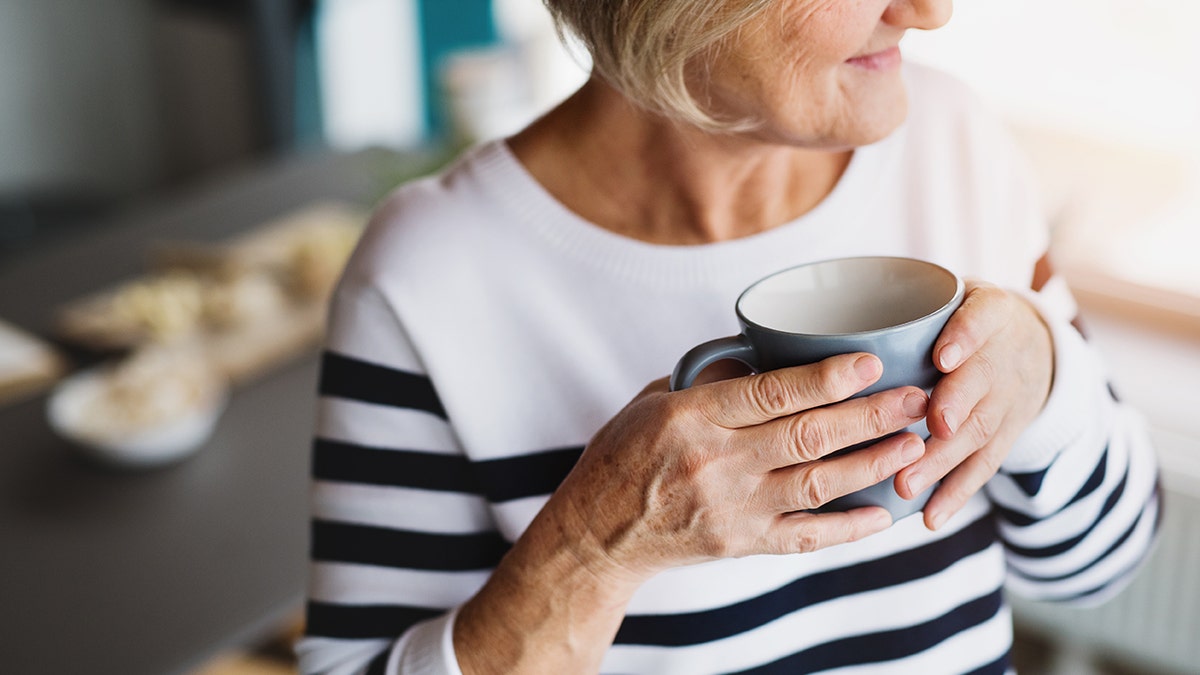
Researchers at San Diego State University found that drink temperature can influence mood and sleep quality. (iStock)
Researchers attribute the differing patterns largely to cultural consumption habits and individual temperature sensitivity — stronger effects among participants with "cold hands" — with notable variation within Asian subgroups. They emphasize that the results show correlations, not causation, and are based on self-reported data.
"This is the first study in the U.S. to directly link cold and hot dietary consumption to multiple health outcomes, with important implications for addressing rising rates of anxiety, insomnia and digestive issues," SDSU's statement added.
CLICK HERE TO SIGN UP FOR OUR LIFESTYLE NEWSLETTER
Tianying Wu, an associate professor of epidemiology at SDSU, said the research "provides a snapshot of how hot and cold consumption may relate to health outcomes."
Wu added, "Because cold and hot consumption is such a routine part of daily life in the U.S., at home and in restaurants, the findings have broad relevance to everyday health choices."
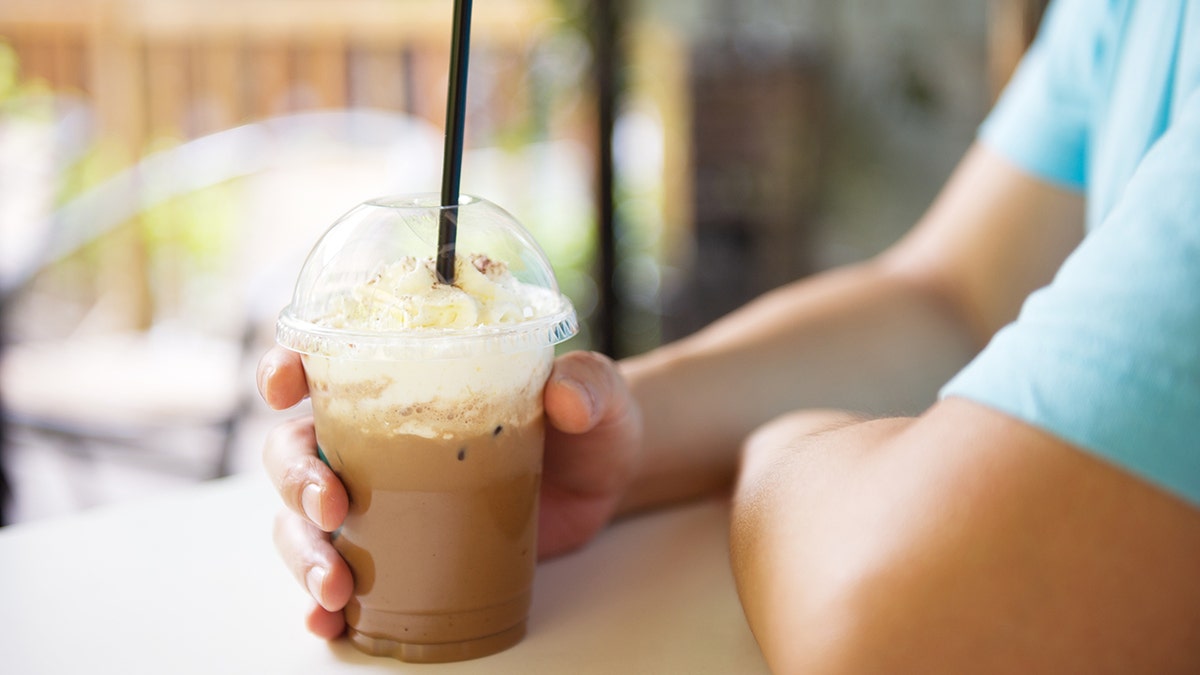
Asian participants reported more anxiety and sleep issues when drinking cold beverages during warmer months. (iStock)
"The next step is to conduct more rigorous prospective and intervention studies, since the effects can be dynamic — for example, older adults or individuals with poor circulation may be especially vulnerable to cold exposure."
CLICK HERE FOR MORE LIFESTYLE STORIES
Jessica Mack, a wellness expert and occupational therapist, told Fox News Digital that consuming warm foods and beverages "can have a measurable impact on the body's stress response."
The New York-based therapist said warmth may help activate the parasympathetic nervous system — the part responsible for relaxation — and could influence the release of mood-regulating chemicals such as serotonin.
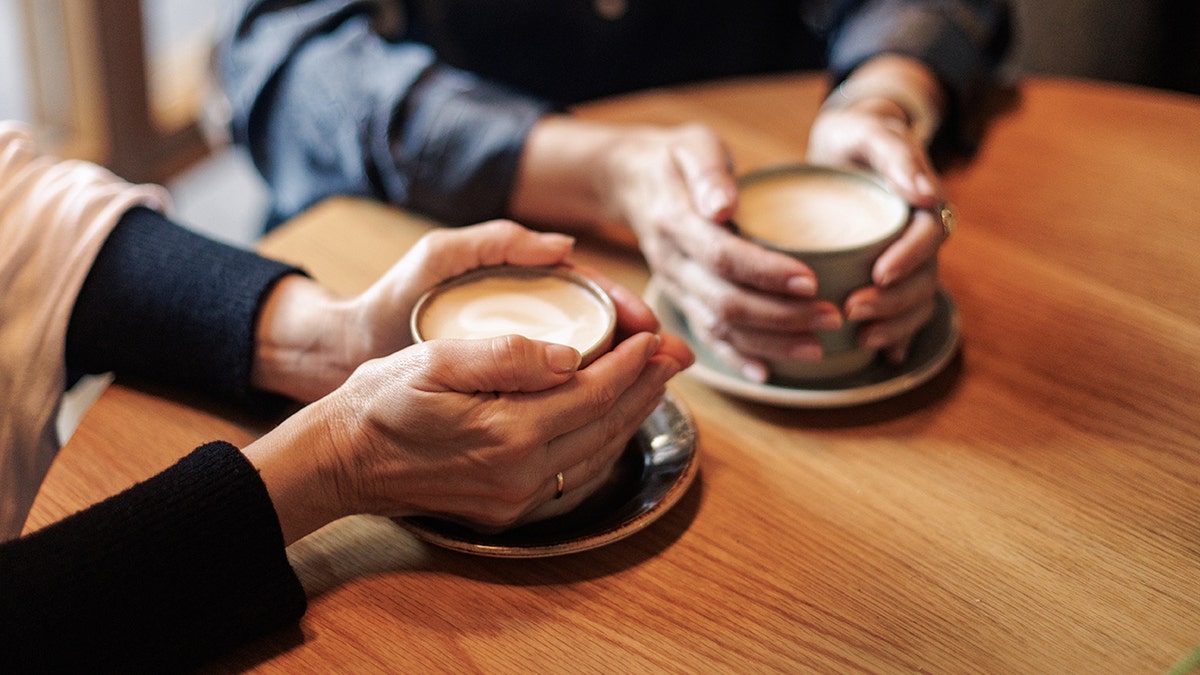
White participants saw improved mood and sleep quality when consuming hot drinks in winter, researchers noted. (iStock)
Mack, who was not involved with the study, also said warm beverages can "stimulate the vagus nerve, which helps lower heart rate and promote a sense of calm."
TEST YOURSELF WITH OUR LATEST LIFESTYLE QUIZ
"The increase in body temperature can also enhance circulation and trigger the release of feel-good neurotransmitters like serotonin," Mack added.
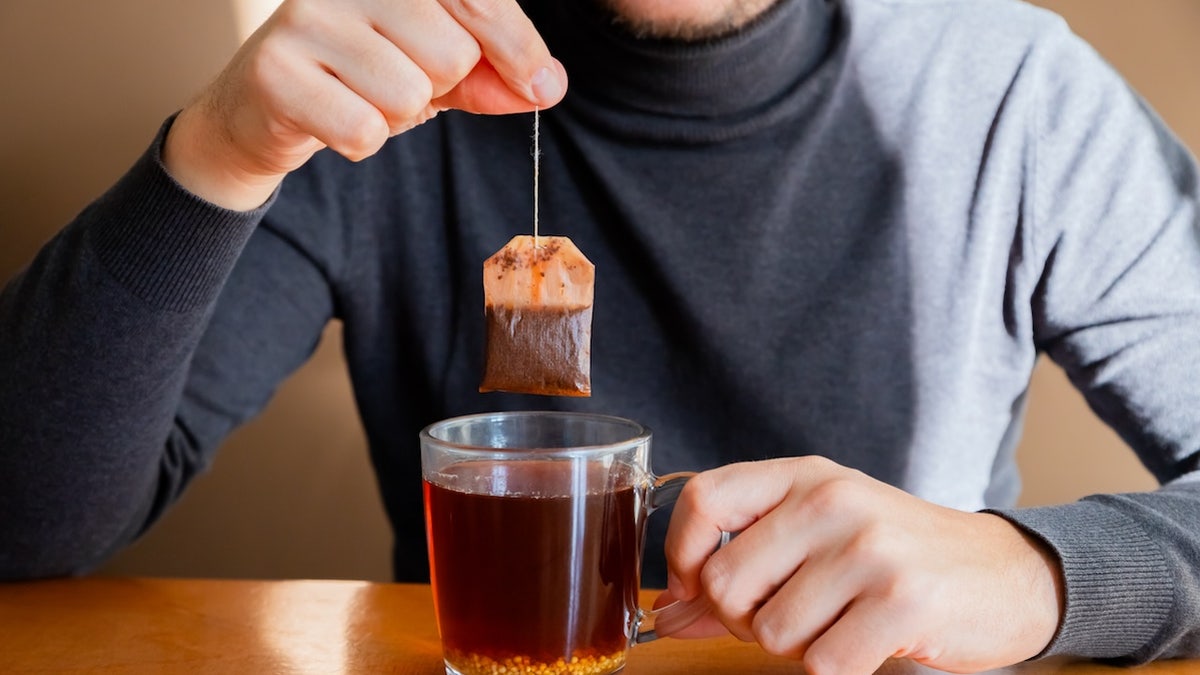
"Warmth is associated with safety and comfort," said one expert. (iStock)
"Psychologically, warmth is associated with safety and comfort, so something as simple as sipping tea or eating a warm bowl of soup can help the body and mind shift out of fight-or-flight mode. It's a small sensory cue with a big calming effect."
The SDSU research was published shortly after another study found that cups of coffee may boost mood in the morning.
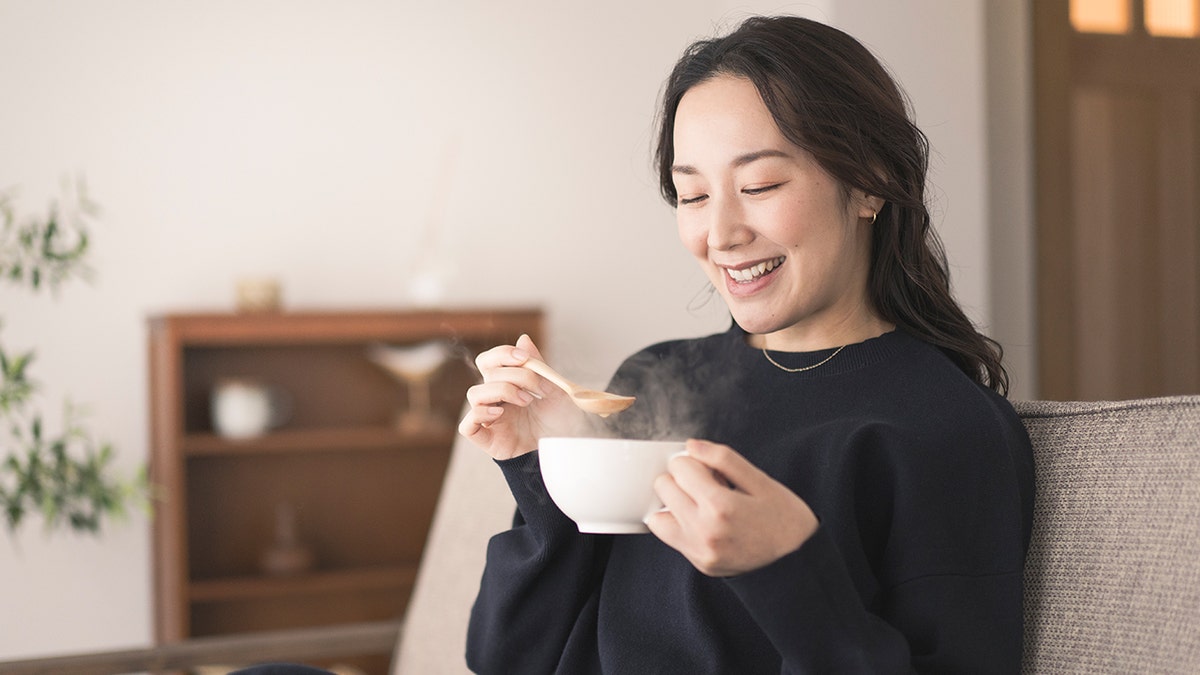
Eating soup can "help the body and mind shift out of fight-or-flight mode," a wellness expert (not pictured) told Fox News Digital. (iStock)
The study followed 200 young adults over four weeks.
CLICK HERE TO GET THE FOX NEWS APP
Enthusiasm and happiness were noted in the participants, even if the adults weren't addicted to caffeine.








